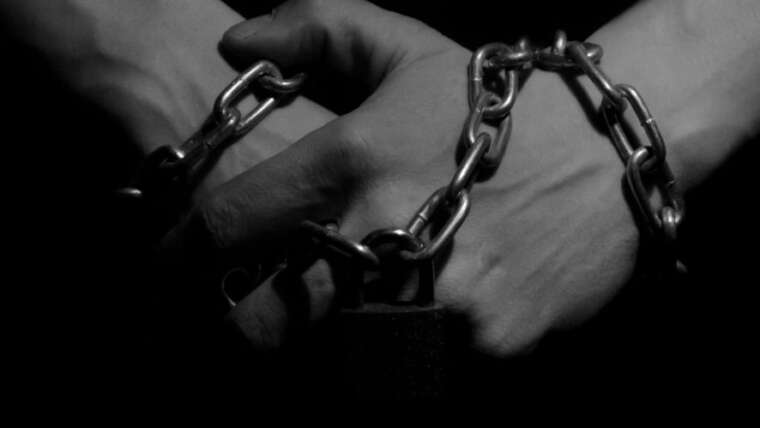For retailers, an ounce of prevention is worth a pound of cure
By Tony Paciocco, Lawyer at Edelson Law Barristers (now Edelson Foord Law)
April 1, 2020
Premier Doug Ford is coming for you if you are found to be charging “unconscionable prices” for “necessary goods” during this state of emergency. He is determined to put an end to those “trying to profit off” of what he aptly described as one of the “darkest periods” in Ontario’s history. Those selling essential goods have been put on notice and must adjust accordingly.
While well intentioned, the interpretation and enforcement of this new Emergency Management and Civil Protection Act (EMCPA) regulation remains unclear. Meanwhile, penalties for non-compliance can be severe.
Notably, Ford’s new order does not apply to sales or offers to sell made by manufacturers, distributors or wholesalers. But individual offenders can be ticketed $750 or, if summoned to court and convicted under the EMCPA, can face a fine of up to $100 000 and a year in jail. If convicted, company directors or officers can face a fine of up to $500 000 and a year in jail. For corporations themselves, the maximum fine is $10 million. Business community take note.
Ford has encouraged all 14.5 million Ontarians to do their part to stop price gougers. If shoppers encounter what they perceive is an undue price hike, they’ve been asked to call a 1-800 number or to file a report online. Where price gouging is found, Premier Ford has insisted that the fines will be “staggering.”
Given so many eyes to assist with enforcement, businesses would be well placed to know the rules of engagement. Fortunately, “necessary goods” are clearly defined in the order. They include:
- Masks and gloves used as personal protective equipment in relation to infections
- Non-prescription medications for the treatment of the symptoms of coronavirus
- Disinfecting agents intended for cleaning and disinfecting objects or humans and
- Personal hygiene products, including soap products and paper products.
Retailers can also expect that the list of “necessary goods” in this new order might be expanded, potentially to include things like groceries. Stay current of these developments.
Regrettably, the regulation lacks clarity regarding the test for an “unconscionable price”. Apparently it is a price that “grossly exceeds the price at which similar goods are available to like consumers.” The prosecution will presumably provide evidence of pre-emergency prices compared to emergency prices or evidence of the impugned product pricing compared to a comparable good.
But what makes a price grossly excessive as opposed to just high? The order doesn’t say. Does “grossly excessive” mean 1.5, 2, 3, or 5 times the price for which similar goods are available? Unfortunately, related legislation and caselaw don’t provide much guidance. While this phrase does appear (once) in the Consumer Protection Act (CPA), it is not defined there either. Judicial interpretations of the phrase are scant. Each case seems to turn on its own facts.
So, what should businesses do? For starters, they should do their due diligence and keep accurate and detailed records:
- They should routinely compare their prices on essential goods with other retailers around Ontario to ensure that they are not offering exorbitant prices.
- Further, retailers should document and preserve all information as to what they paid to acquire these goods in the first place, including what they used to pay to acquire these same goods before the COVID-19 outbreak. After all, many supplier prices have increased due to the challenges associated with transport.
- They should assess and quantify the increased costs and risks associated with production, employee safety, transport, customer safety and certification. For example, employers are now purchasing gloves for their employees, sanitizer for their shoppers, and safety shields for their cashiers.
In short, sellers should be prepared to justify the costs they’ve set, including by providing evidence that by choosing to still operate in these dangerous times, they’re incurring unexpected costs and risks as well, which they’ve tried to offset across all goods, not just essential items.
If you are uncertain as to how to proceed, reach out to legal counsel to adequately paper the transaction. If you have already been ticketed or charged under this order, get legal advise.
While this legislation is new, public welfare offences are not. Remember, evidence of reasonable care or all reasonable steps to avoid the offending action will make the difference.
Given how crippling these fines can be, an ounce of prevention is worth a pound of cure.
Tony Paciocco is a lawyer at Edelson Law Barristers. He can be reached at anthony@edelsonlaw.ca



